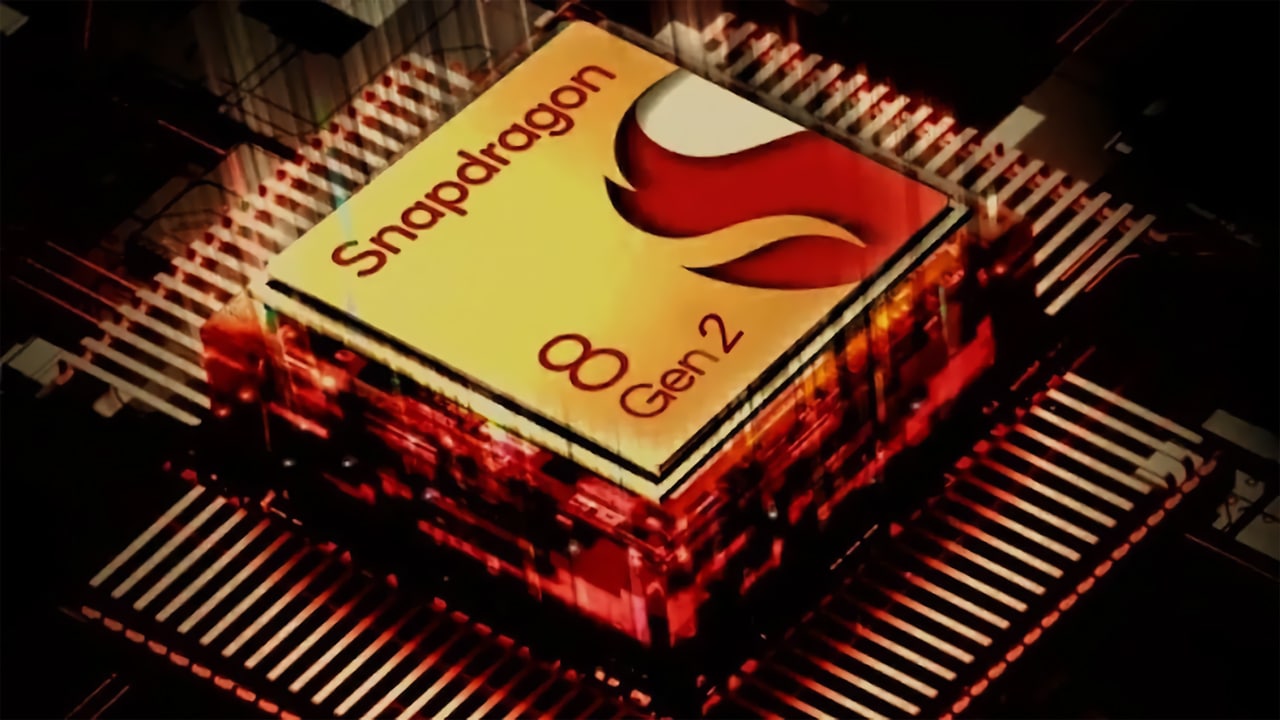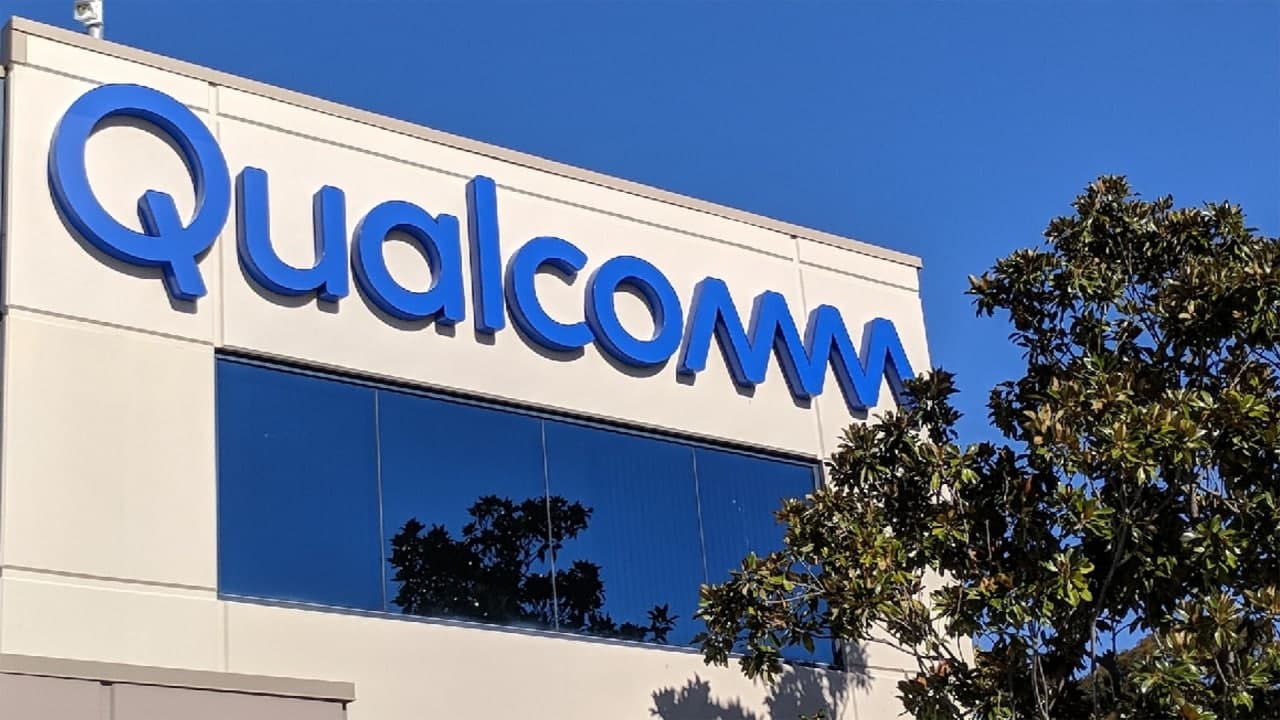Qualcomm has officially announced that the next Snapdragon Summit will be held from November 15 to 17, and it is expected to bring the next-generation flagship chip – Snapdragon 8 Gen 2.
According to digital blogger @Digital Chat Station, the new flagship of Qualcomm Snapdragon 8 Gen 2 will be launched at the end of the year and will be equipped with an E6 substrate screen for the first time. Currently, Vivo, iQOO, Xiaomi, Redmi, OPPO, OnePlus, realme, and other manufacturers have purchased it. It is not clear whether the dimming solution can be obtained, and LTPO may be abandoned.
JOIN TIP3X ON TELEGRAM
Moreover, Qualcomm Snapdragon 8 Gen 2 is the successor to Snapdragon 8 Gen 1 and will be manufactured by TSMC, but may still use the 4nm process. Digital blogger @i Ice Universe said that several major manufacturers have begun testing the Snapdragon 8 Gen2 (SM8550) and are very satisfied with the test results. Compared with the Snapdragon 8 Gen1+ (SM8475), the comprehensive energy efficiency of the new flagship processor Snapdragon 8 Gen2 will be improved by at least 15%.
Both Qualcomm Snapdragon 888 and Snapdragon 8 Gen 1 are manufactured by Samsung, and the chips have high power consumption and serious heat generation. On the other hand, the Snapdragon 8 Gen1+ was switched to TSMC, which reduces the overall power consumption and reduces heat generation.
Based on this, Qualcomm’s new flagship processor, the Snapdragon 8 Gen2, continues to be manufactured by TSMC, and its power consumption problem is expected to be further improved. At the same time, it is reported that the CPU of Snapdragon 8 Gen2 will be designed with 8 cores, namely 1 X3 large core, 2 A720 medium cores, 2 A710 medium cores, and 3 A510 small cores, and the GPU specification is Adreno740.
For comparison, the 8-core CPU of Qualcomm Snapdragon 8 Gen 1 is 1 X2 large core, 3 A710 medium cores and 4 A510 small cores, and the GPU specification is Adreno730.
The “E6” in the E6 substrate screen refers to the material used to manufacture the organic light-emitting layer. Taking the current E5 screen as an example, the Samsung E5 flexible screen claims that the global excitation brightness can reach 994nit, which is much higher than the 852nit of the E4 screen. At the same time, power consumption is reduced by 25%.
And the Samsung E5 screen supports LTPO adaptive high refresh rate, which can automatically adjust the screen refresh rate in different scenarios, so as to save more energy. Although the current user perception of LTPO in the Android camp is not obvious, it will still be a great pity if the E6 screen is not available.







